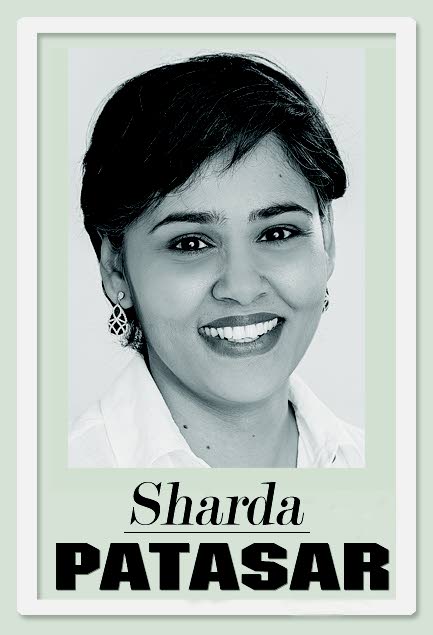Considering the Humanities

A medical doctor once asked: “So, what you going to do with a degree in English Literature? Teach ting like ‘is’ and ‘are’, nouns and verbs?”
I was embarrassed by the question, interpreting it to be of course, as it was, condescending. At the time, moving into my twenties, I had no ready answer though I knew exactly why I was pursuing undergraduate studies in English Literature. The question lingered on for years, but over time I had adopted an arrogance towards it. I described the individual as a vibrant example of the ‘functionally literate’. In my interpretation, such an individual can read and write -– (which as we shall note, most people can do regardless of which age they learn to do so) – but how well he reads is a completely different activity.
At times when I feel "down in the dumps" as the idiomatic expression goes, I turn to lectures by Gayatri Chakravorty Spivak, one of the world’s leading intellectuals. I take the liberty here to side-step the categories "post-colonial", her description of herself as “practical Marxist-feminist-deconstructionist” (Wikipedia) although employing these terms provide us with the valuable information of explaining her framework. I prefer to simplify for the reader and address her as a thinker, someone who, through theory and practice, has offered the world a pair of spectacles on various occasions, that has transformed the way that some members of her audience look at issues. From suicide bombings to the Rohingya migrant crisis, she is a powerful voice that challenges us to think.
I reference Spivak today because I have been, over the week, thinking about the value of a humanities education. The humanities, with its focus on human culture – literature, history, philosophy – is many times severely underrated due to its abstract nature. It does not after all, prepare its student for a specific occupation like engineering or medicine.
To explain my point, a short exchange:
I once asked a friend who didn’t like reading, “Why literature then?” genuinely puzzled by her choice of subject area. The reply, "To get a job."
I suppose in a way the doctor was articulating the general view of people both inside and outside the humanities. The only job prospect that one could have imagined was either journalism or the more popular choice, teaching. But the humanities have always been more than this. It is a method of thinking, a way of seeing and processing information. It is a lifelong exercise given that the world around us changes, calling on us to reconstruct knowledge that was once relevant to a particular time. As an example, a friend and I were discussing only a week ago, the idea of class and caste. This was in no way an academic exercise, just one of those casual conversations which resulted from my careless use of the word caste. Putting aside the caste construct we moved to the idea of class, deciding then that it was one that needed to be investigated in a different way given that the organization of our society had now changed. As such, the idea of wealth which was once associated with a certain status and education now had to be revised.
A robust humanities education is not so much concerned with analysis of texts and dispensing of information but rather about opening the imagination to the practice of creating knowledge from information. "Knowledge is what we make our own," said Swami Vivekananda, a statement that I have kept from my teenaged years. By knowledge to put it simply, I mean the way in which information is converted into the ideas that we embody and practice.
We absorb information, through organized learning and our experiences, converting it into knowledge through intellectual deliberation, the senses, our experiences and spiritual consciousness. Embodiment here becomes important for if knowledge creation is a creative practice (as I view it) then it is also performance. Knowledge is something we feel as much as it is intellectual. But this is a point that requires deeper deliberation.
In my own experience the more focus one places on the development of the imagination, the more open to our own humanness we become. A student of the humanities comes to the world with an open mind for she knows, that diversity is a norm. This very knowledge drives her to challenge, to push against the status quo, to wrench open up the world. This bodes well for the development of human capital for through our humanities education, we can create, over time, a population adaptable to change, one that recognises that ideas are just that, ideas – adjustable, open for reconstruction.


Comments
"Considering the Humanities"